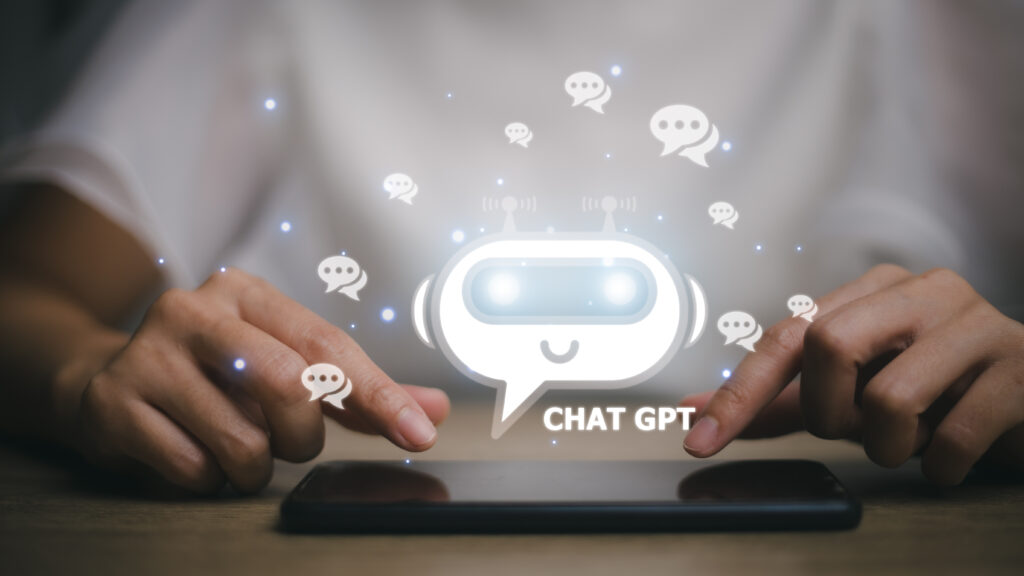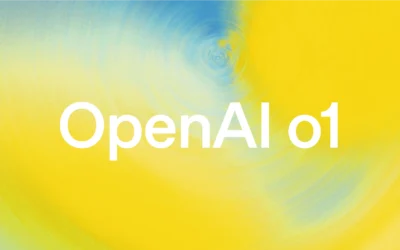OpenAI’s ChatGPT Takes a Leap Forward: Now Connected to the Web

OpenAI has recently unveiled a groundbreaking update to its immensely popular AI chatbot, ChatGPT. This latest development brings a wave of excitement as ChatGPT is finally connected to the web, allowing users to explore a wealth of information and enjoy a more dynamic conversation experience. With the ability to access up-to-date data, inquire about recent topics, and utilize an array of third-party plugins, ChatGPT is set to revolutionize the way users interact with AI chatbots.
Unleashing the Power of Web Integration: Up until now, ChatGPT’s vast user base had been limited by the dataset it was trained on, which ended in 2021. However, with the integration of web browsing capabilities, users can now tap into the most recent and relevant information available online. This major update ensures that ChatGPT remains competitive and capable of providing users with accurate and real-time insights.
Exploring New Horizons with Third-Party Plugins: OpenAI’s commitment to enhancing user experience is further exemplified by the introduction of over 70 third-party browser plugins. These plugins cover a wide range of functionalities, catering to diverse user needs. Whether it’s planning travel itineraries with Expedia and Kayak or boosting productivity with tools like Slack and Zapier, ChatGPT now offers a seamless integration of external services, enriching the user experience and expanding the possibilities of what the AI chatbot can accomplish.
Premium Access for Enthusiasts: As part of OpenAI’s monetization strategy, the web-enabled features and third-party plugins are currently exclusive to subscribers of ChatGPT Plus. For a monthly subscription fee of $20, users gain access to premium features that enhance their interaction with the AI chatbot. This subscription model enables OpenAI to continue investing in the development of ChatGPT, ensuring a high-quality user experience and driving further advancements in AI technology.
Competition and Progress in the AI Landscape: OpenAI’s move to connect ChatGPT to the web comes at a time when other industry players are also pushing the boundaries of AI technology. Google, for instance, recently introduced its Bard AI system, integrated into core products such as Gmail and Maps. This competitive environment fosters innovation and drives the rapid evolution of AI capabilities, ultimately benefiting users who can enjoy increasingly powerful and versatile AI applications.
Addressing AI Safety Concerns: With the rise of advanced AI systems, concerns regarding safety and ethical implications have gained prominence. OpenAI CEO Sam Altman is scheduled to testify before Congress, addressing questions related to generative AI and the risks it poses to society. This scrutiny from lawmakers and regulators highlights the need for establishing rules and safeguards to harness the immense potential of AI while mitigating any adverse effects.
Conclusion: The web-enabled update for ChatGPT represents a major milestone in the AI chatbot landscape. Users now have the ability to browse the web, access real-time information, and leverage third-party plugins, revolutionizing their interaction with ChatGPT. As OpenAI continues to drive innovation and improve user experiences, it is crucial for the industry as a whole to address concerns surrounding AI safety, ensuring responsible and ethical use of these powerful tools. The future holds immense possibilities as AI continues to transform the way we engage with technology.






